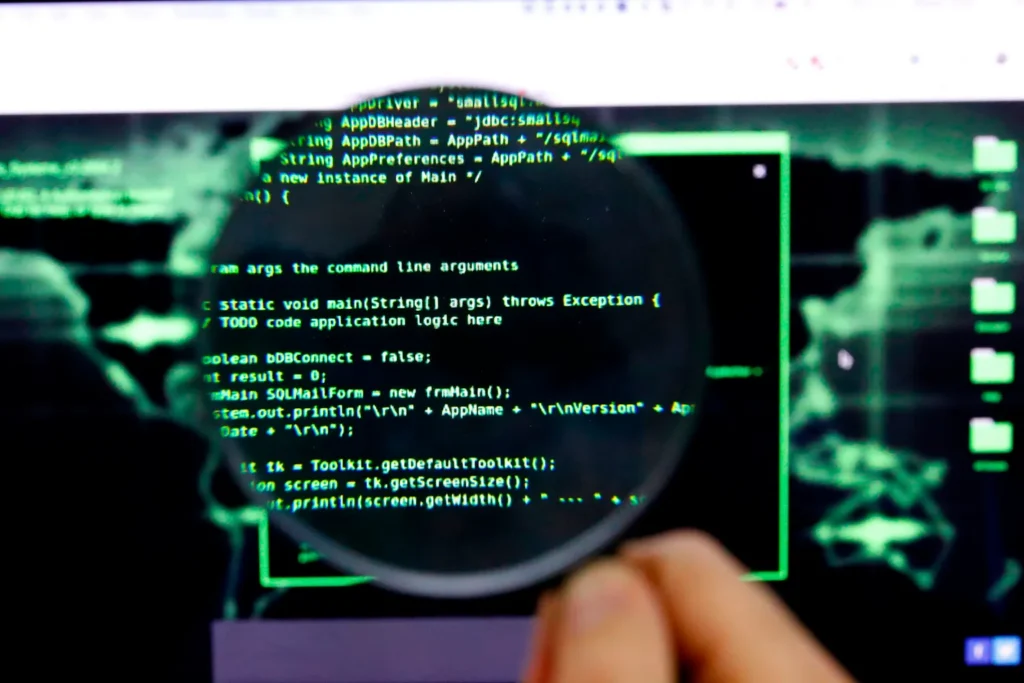
The Future of Cyber Warfare: A Battle in the Shadows.
In today’s interconnected world, cyber warfare has become an increasingly prevalent threat. With the rapid advancements in technology, it’s no surprise that nations are turning to cyberspace as a new battleground. But what does the future hold for cyber warfare?
As we enter a new era of warfare, it’s clear that cyber attacks will play a major role. Gone are the days of traditional warfare, with tanks and soldiers on the frontlines. Instead, we find ourselves in a battle fought in the shadows, where hackers and cyber criminals are the new soldiers.
One of the key trends we can expect to see in the future is an escalation of cyber attacks. As technology continues to advance, so too do the capabilities of cyber attackers. We’ve already seen sophisticated attacks on critical infrastructure, such as power grids and transportation systems. In the future, we can expect these attacks to become even more frequent and more devastating.
Another trend we can anticipate is the weaponization of artificial intelligence (AI). AI has the potential to revolutionize cyber warfare, allowing attackers to launch highly targeted and automated attacks. With AI-powered malware and bots, attackers can identify vulnerabilities and exploit them at a speed and scale that humans simply cannot match.
The Internet of Things (IoT) also presents a new frontier for cyber warfare. As more and more devices become connected to the internet, they also become potential targets for cyber attacks. From smart homes to self-driving cars, the IoT opens up a whole new range of possibilities for cyber criminals. Imagine a world where hackers can take control of your car or your home security system with just a few lines of code.
So, how can we defend ourselves in this new era of cyber warfare? The first step is awareness. We need to recognize that cyber attacks are no longer a distant threat, but a very real and present danger. Governments and organizations need to invest in cybersecurity measures and ensure that they have the resources and expertise to defend against attacks.
Collaboration is also key. Cyber attacks are not limited by borders, and neither should our defenses be. International cooperation and information sharing are crucial in the fight against cyber warfare. By sharing intelligence and working together, we can better understand the tactics and techniques used by cyber criminals and develop more effective countermeasures.
Education is another important aspect. As technology continues to evolve, so too must our knowledge and skills. We need a workforce that is equipped to deal with the challenges of cyber warfare. This means investing in cybersecurity training and education programs to ensure that we have the expertise needed to defend against attacks.
In conclusion, the future of cyber warfare is uncertain, but one thing is clear: it will continue to evolve and become more sophisticated. As technology advances, so too do the capabilities of cyber attackers. But with awareness, collaboration, and education, we can better prepare ourselves for the battles that lie ahead.
Have a query? Contact Us
